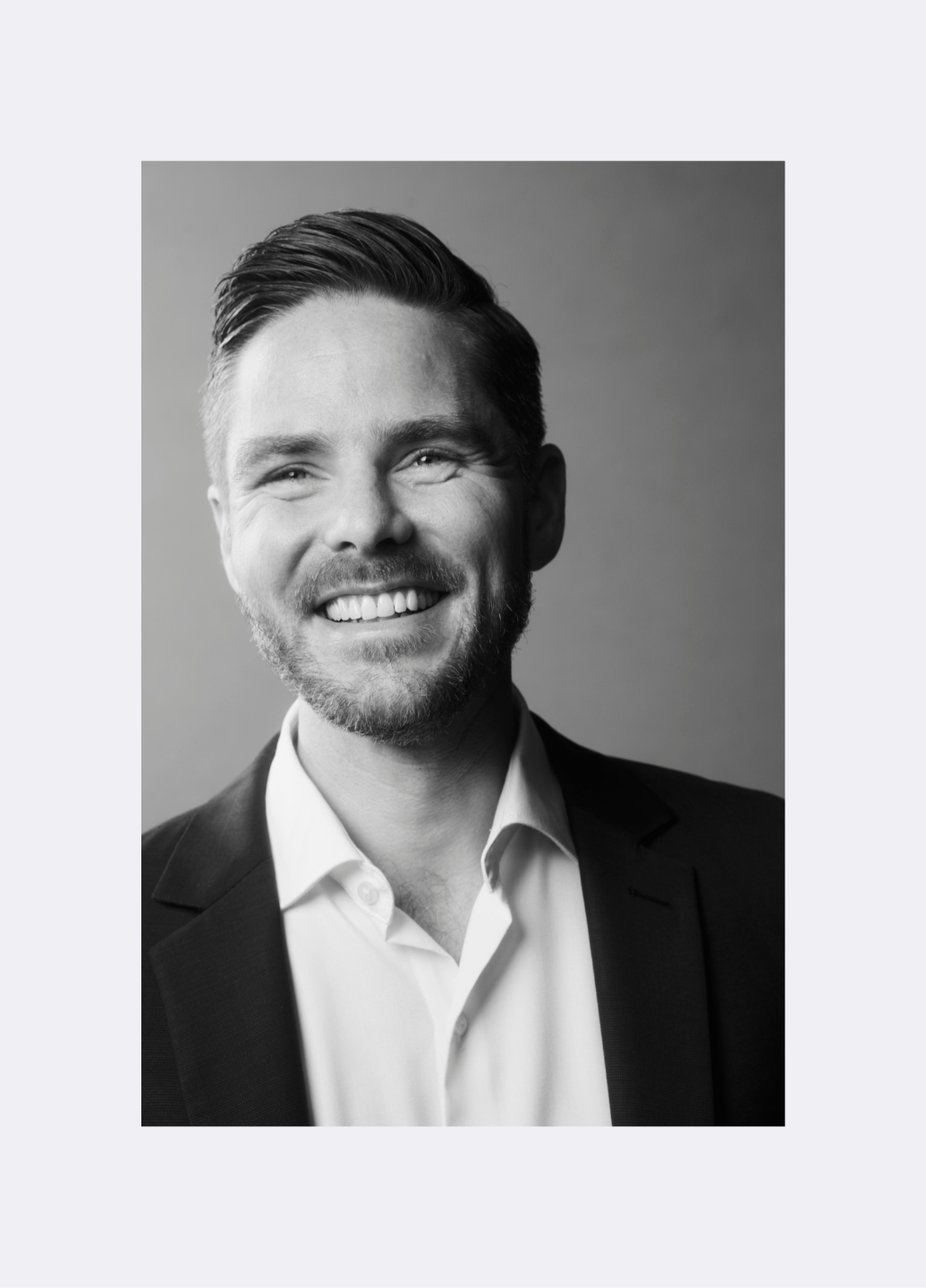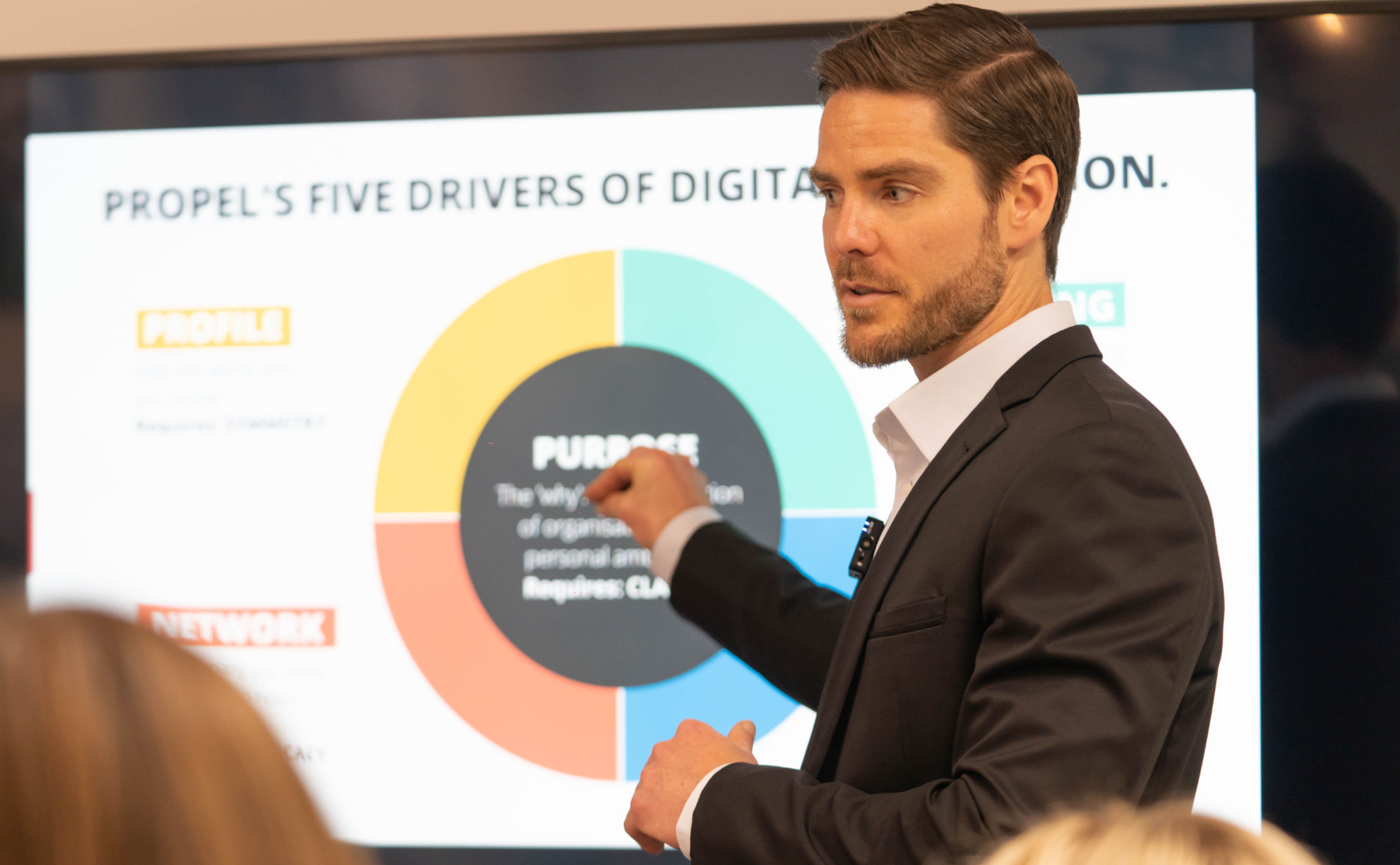We are Propel.
We are a Sydney-based advisory firm that helps leaders earn, scale, and leverage trust online.
What we do.
We make leadership trust visible and measurable. Then we help you strengthen and scale it.
Data: Benchmark where leadership trust sits today - that you can track over time.
Insight: Assess your performance against peers and competitors - and find your competitive edge.
Action: Decide how your leaders need to show up online to shift the needle – whether for resilience or growth.
Who we work with.
Mid-to-large organisations - private and public sectors - where trust in leadership directly impacts growth, reputation and valuation.
Typically Communications, Commercial, and People leaders who understand this challenge - and the C-Suite and Boards who must act.
"Your work helps to demystify social and connect it to purpose, strategy, risk and opportunity."
Shirley Chowdhary, Director, Chair and former CEO






